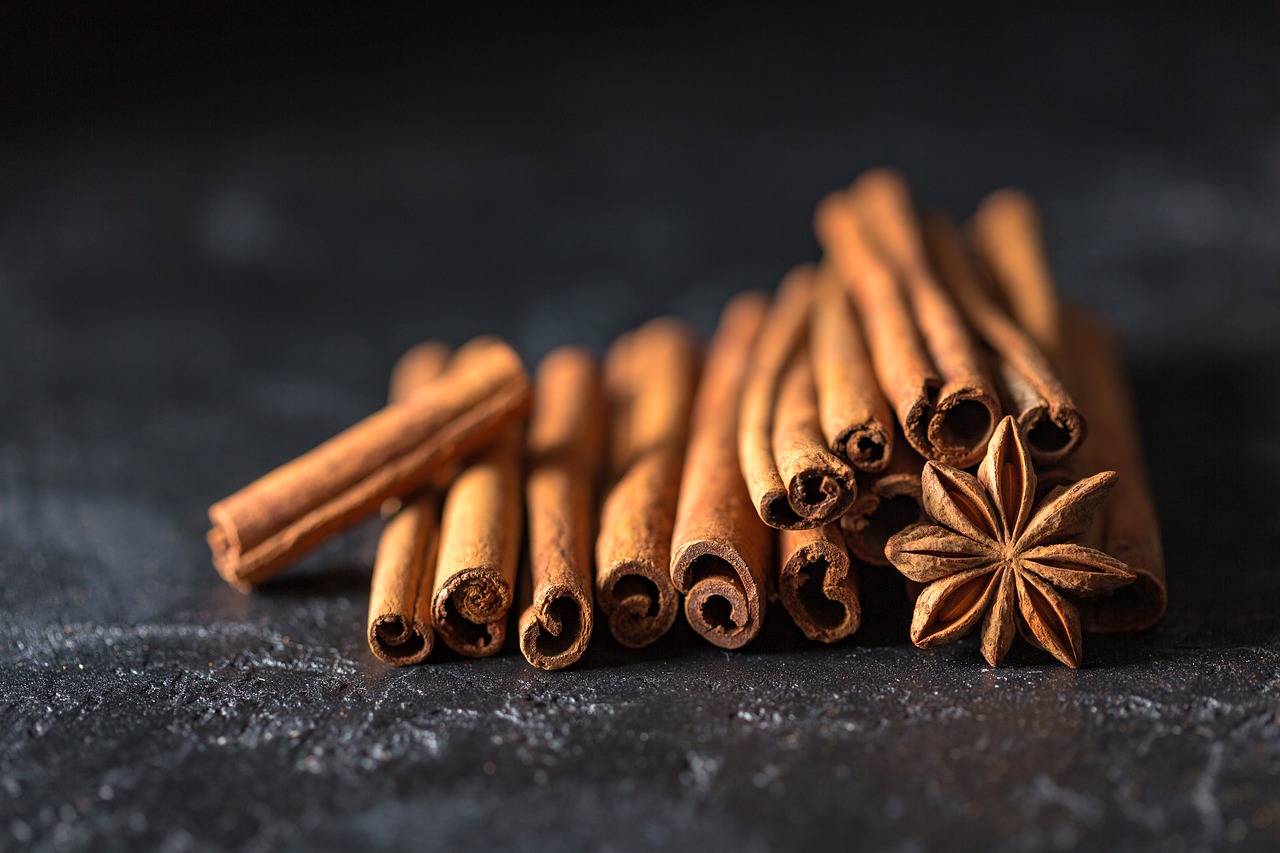Anthropologists and historians believe that Cinnamon was known to humans four thousand years ago. They base their statement on the basis of Egyptians’ use of cinnamon. Egyptians used cinnamon to embalm mummies, offer to Gods, monarchs and lords. There is enough evidence to support that Egyptians used cinnamon. Records show that they imported cinnamon in 2000 BCE. Cinnamon was very precious to the Egyptians.
Greeks also loved cinnamon. One of the earliest references to cinnamon in Greek culture dates back to the 7th century BCE. The reference is made in a poem. Just like Egyptians, Greeks also prized cinnamon. Cinnamon for the Greeks was something that was offered to the Gods, kings, and lords.
Greek and the Egyptians valued cinnamon because it was not easily available. However, Cinnamon is prized even today despite the fact that it is easily available. People around the world love cinnamon because of its aroma, taste enhancer, and health benefits. Today, cinnamon is commercially farmed in lot of countries including but not limited to China, Vietnam, Myanmar, Indonesia, Bangladesh, and India.
Cinnamon is a herb as well as a spice. As a herb, it is used to treat and cure various conditions like diabetes and blood pressure. As a spice, cinnamon is used to enhance taste and aroma in various dishes like cakes and condiments. Cinnamon is one of the favorite herbs for herbalists, they use cinnamon on a lot of health conditions. The idea behind the healing power of cinnamon is not unfounded. There have been a lot of studies that indicate that cinnamon can be highly beneficial to the people suffering from diabetes, Alzheimer’s disease, HIV, multiple sclerosis, fungal infections, chronic wounds, digestive issue etc.
Some people are a fan of cinnamon as a herb and some people love using cinnamon as a taste and aroma enhancer. Cinnamon is one of the widely used spices in cakes and confectionaries. Even though a lot of people know cinnamon has health benefits, a lot of them do not know how exactly they can use cinnamon for health. Apart from herbal use and spice use, cinnamon is also very popular with the organic gardeners. They use cinnamon to heal plant wounds, as a rooting hormone, and as a organic fungicide.
If you love organic gardening and have never used cinnamon, here are come of the popular and effective uses of cinnamon in gardening
Cinnamon is a Natural Fungicide: Maybe you have been using cinnamon to treat various health conditions. However, what you might not know is cinnamon is also very good for plants. The fungus is one of the common problems in plants and you can use cinnamon to kill fungus, in fact, cinnamon is as effective as a chemical fungicide when it comes to killing fungus. So, how do you use cinnamon as a fungicide? It is really easy and simple. Mix 1 Asprin and one tablespoon of cinnamon powder in one liter of water. Add a few drops of dishwashing liquid or vegetable oil. Let it sit for one day, strain the mixture with a muslin cloth and fill the liquid inside a sprayer. Spray this cinnamon fungicide to the affected plant.
Cinnamon is Bug and Insect repellent: Cinnamon is not only an excellent fungicide but also very good at chasing bugs and insects that affect the leaves, stems, flowers, or roots of the plants. If you want to use cinnamon to chase away bugs and insects in plants, you can make cinnamon water and spray in the plants. You can also mix cinnamon powder in the potting soil to control pests, bugs and insects.
Since cinnamon is a very effective insect repellant, some people add cinnamon in their body lotion and apply on their bodies so that they are not bothered by insects when they are outdoors. Some people also use cinnamon to chase away pests. They sprinkle cinnamon dust in the areas visited by pests. This chase away the pests. Cinnamon does not kill pests and insects, instead they deter ants, flies, bugs, worms from the plants.
Kill Wild/Poisonous Mushrooms With Cinnamon: Wild and poisonous mushrooms can be a grave problem for a lot of farmers. If this is your problem, cinnamon is the solution. Make cinnamon-infused water and spray on the wild and poisonous mushrooms. In a couple of days, you will see these mushrooms start dying. Instead of spraying cinnamon water, you can also sprinkle cinnamon dust on the mushrooms.
Cinnamon Protects Plants: A lot of people use cinnamon to treat wounds and the upset stomach because it has anti-fungal and antibacterial properties. These properties are also useful for plants. You can use cinnamon to protect plants from fungus, bugs, insects, pests, and other plant diseases.
Cinnamon Promotes Root Growth: One of the popular uses of cinnamon in organic gardening is as a rooting hormone. Cinnamon is widely used by organic gardeners to promote root growth in cuttings and seedlings. In order to stimulate the root growth in your cutting, you can dip your cuttings in cinnamon water for 5-6 hours and then plant the cutting.
Cinnamon Can Seal Plant Wounds: Since cinnamon has antifungal and antibacterial properties and it chases away insects and bugs, you can also use cinnamon to seal wounds in plants mostly after pruning the plant or while making cuttings. Cinnamon protects plants from infectious diseases and other infections.
